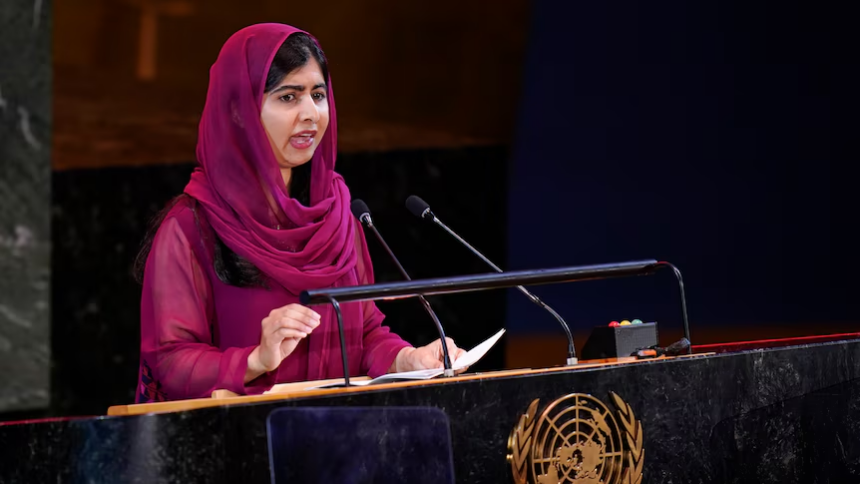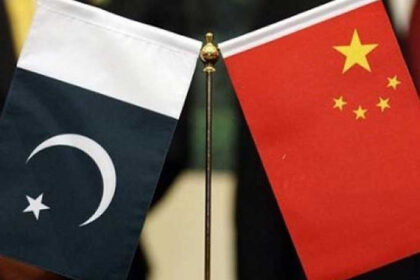RASC News Agency: In response to the mounting international outcry over its ongoing deportation of Afghanistani refugees, the Government of Pakistan has publicly addressed the concerns raised by Nobel Peace Prize laureate Malala Yousafzai. The Ministry of Foreign Affairs has urged Yousafzai to provide a list of individuals deemed to be at heightened risk so that humanitarian organizations can assess their cases and facilitate necessary protections. Malala Yousafzai, a globally recognized advocate for girls’ education and human rights, recently issued a strong condemnation of Pakistan’s aggressive refugee expulsion campaign. She expressed particular alarm over the forced repatriation of Afghanistani women and girls, warning that such actions expose them to severe human rights violations under what she described as the “gender apartheid regime of the Taliban.” Yousafzai called for an immediate suspension of all forced returns and appealed to the international community to intervene.
In its official statement, Pakistan’s Foreign Ministry acknowledged her concerns but defended its policies as both lawful and necessary. It emphasized that if there are individuals facing imminent threats to their lives or safety, their cases should be communicated through established humanitarian channels to ensure that they are reviewed appropriately. The Ministry also stressed that Pakistan has shouldered the burden of hosting Afghanistani refugees for over four decades, providing shelter to more than four million people since the Soviet invasion of Afghanistan. However, it asserted that the country’s capacity to continue doing so has reached a breaking point. Pakistani officials pointed to the growing strain on domestic infrastructure, education, healthcare, and economic resources, particularly in border provinces such as Khyber Pakhtunkhwa and Balochistan. According to government estimates, the financial cost of hosting refugees exceeds $200 million annually.
Beyond economic challenges, the Pakistani authorities raised national security concerns, alleging that a segment of the refugee population has been implicated in smuggling, organized crime, and even terrorist activities. The statement reaffirmed Pakistan’s sovereign obligation to safeguard its territory and citizens, stating that the government “cannot compromise on internal security under the guise of humanitarianism.” Nonetheless, Pakistan insisted that the deportation process is being conducted in accordance with domestic laws and the overarching principles of international human rights. The government emphasized that all returns are voluntary and carried out in a humane and dignified manner. While acknowledging that it is not a signatory to the 1951 United Nations Refugee Convention, Islamabad reiterated that no individual facing credible threats will be forcibly repatriated.
In response, Malala Yousafzai maintained that a large number of Afghanistani families fled Taliban persecution and are at serious risk if returned. She warned that deportations not only violate basic human rights but also compound the psychological trauma endured by refugees especially women and children. Yousafzai renewed her call for global action, urging the international community to step up its support for vulnerable populations and to expand resettlement pathways for those seeking safety and dignity abroad. “As the world watches, we must remember that silence is complicity,” she stated. “The international community must take decisive steps to protect those fleeing violence and oppression. It is our moral responsibility.”
The unfolding humanitarian crisis highlights the complex intersection of security, sovereignty, and international responsibility. With global attention now focused on Islamabad’s policies, the fate of thousands of Afghanistani refugees hangs precariously in the balance.






